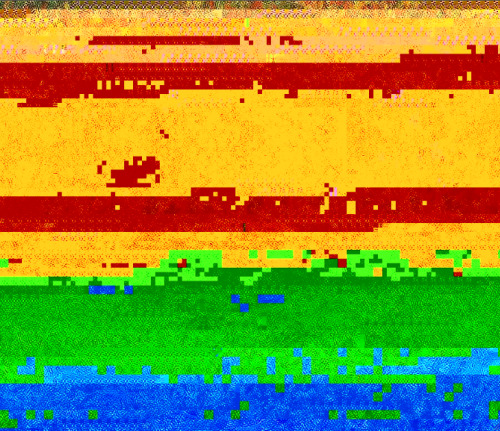Tagged: inventions
The Window Socket



Meet Dorothy:
Have you ever been stuck in an awkward situation, praying your phone would ring so you could politely extract yourself? Of course you have. That’s why we made Dorothy, a physical trigger that makes any dumb shoe smart. Dorothy consists of the “Ruby” (a small connected device that slips into your shoe) and a mobile App that allows you to trigger a call to your phone from a fake contact (your “boss”) whenever you tap your heels together 3 times. Dorothy can also send text messages to your contacts with a custom message and your current location, letting them know exactly where you are. Soon, we’ll be working toward summoning an Uber.
I can’t even fathom how important this idea could be, how life saving. How many people have been in a situation where a timely phone call could save them from a potentially dangerous situation?
Definitely keeping an eye on this one.
The future is disorder
It’s the best possible time to be alive, when almost everything you thought you knew is wrong.
Ten Dreams of Technology starts with a number of quotes such as “predict the future by inventing it” that remind me somehow of Chuck Palahniuk’s transgressive fiction, particularly Invisible Monsters where the main character invents personas and basically her entire existence based on how she sees fit. In this novel it’s done in a disturbing and enthralling way, but this idea of inventing your own future is interesting in an “everyday” kind of way: what is stopping us from inventing the future, particularly in this era of technology as king where really the possibilities are endless. I only have to look through the plethora of links I’ve posted here during the semester to realise that the way we do things and the way we look at the world has been changed by these inventions, and more importantly, that we all have this power to create change.
I enjoyed this reading for its commentary on technological art, again, a new way to look at the world and the things we can create.

This ‘glitch art’ appropriation of Irises in Monet’s Garden is an example of what can be created through new techniques: The role of the network in these projects is essentially to create an open system of input to promote adaptation.
I also enjoyed the take away idea of not criticizing a work too early:
Criticizing a new idea because it is not yet fully realized seems unreasonably impatient. On that basis, the caves at Lascaux would never have been painted because we did not have a full palette and could not animate in three dimensions. Give us a few centuries and then revisit this complaint.
This rings true of ‘process’ type mediums, such as our blogs. Everyone starts as an amateur, so to criticize someone for not yet knowing how to achieve a certain technique… this doesn’t make sense to me. Criticism in general I don’t understand, but that’s another issue altogether.
Also from this reading was the concept of file sharing = life sharing. I think about this a lot with the sharing-centric ideas of social media. We post where we are, photos of what we ate, we tag who we are with. I had a conversation with my best friend a few days ago who was feeling disheartened that her own life wasn’t as interesting as all of her Facebook friends’ who post ‘cheery’ photos doing ‘interesting’ things. I put these words in quote marks because, as I told her, sometimes I feel like if people were having that much fun they wouldn’t be on Facebook ‘bragging’ to the rest of us. It comes down to that idea of enjoying the moment, which I’m starting to believe more and more that social media and sharing our every movement is impacting.
In another sense though: I did watch Miley’s most recent appearance on Ellen, in which she spoke about asking creative people around her, such as designers, musicians, etc, for a list of their favourite and most influential films, artists, musicians, books and so on. These may not be files so to speak, but this is another form of life sharing I think… sharing with someone those things that inspire and have changed you the most.
Some other takeaways from the reading:
- Every reception of a work of art is both an interpretation and a performance of it, because in every reception the work takes on a fresh perspective
- One of the most persistent tropes of the intersection of technology and art is that it will lead to a whole new art form, just as moving images eventually created cinema.